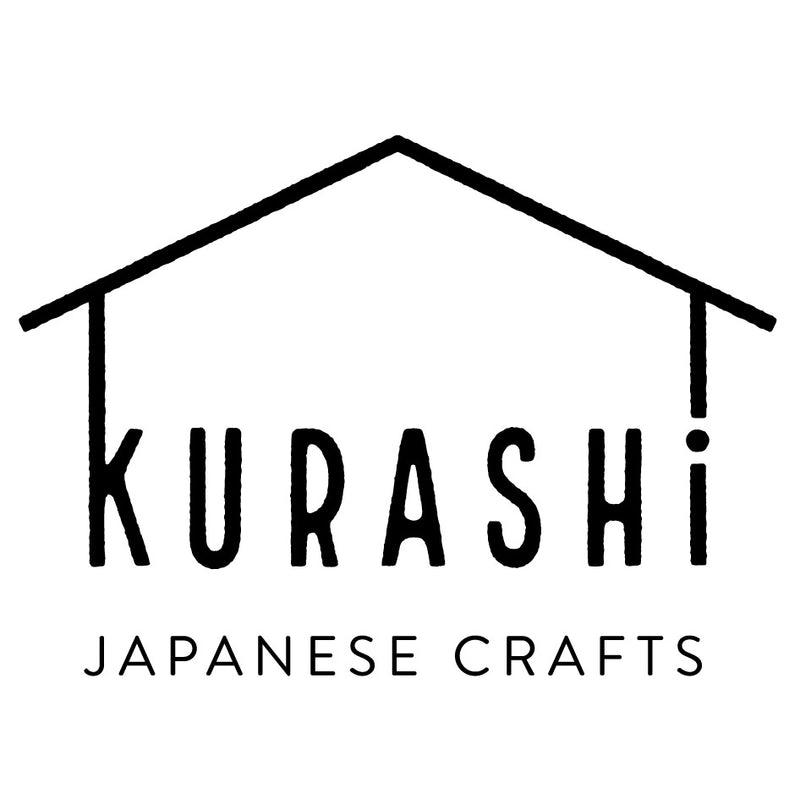Name of the artwork: INR+BNGR511211645 (2023) One off piece!
Please observe the artwork from all directions. You'll be able to see a different scenery from various angles. This is a part of the enjoyment when admiring the soil artwork.
Artist: Emi Suzuki (Shizuoka, Japan)
Dimension: 180mm x 180mm
Materials: Soil dug from Inariyama loess in Tokoname, sand mixed with Kansui stone and silica sand, homemade rice paste as the bonding material, limestone and Bengara in yellow (Japanese mineral colour - red iron oxide).
About the name of this artwork:
“TNR” – Irariyama located in Shizuoka Prefecture;
“BNG” – Bengara (Japanese mineral colour);
“R5” – Reiwa (the current era of Japan’s official calendar) Year 5;
“11211645” - Suzuki completed this artwork at 4:45pm on 21st November 2023.
Each artwork comes with its original box for storage.
About Suzuki's Soil Artworks:
- As a result of changes in living conditions due to the pandemic, she started to create abstract works using the clay that she digs and collects from different places.
- The main materials she uses are Japanese soil, sand from rivers and the sea and homemade rice paste as the bonding material. The use of these materials is greatly inspired by the traditional Japanese plastering technique of clay walls often seen in old Japanese houses, which is called "Sakan". It's an ancient technique since the Jomon period.
- The two-dimensional works created by searching for the clay, which is the main material for her paintings, intrigue people to feel with hands and gaze the details. This is a pure and powerful charm, embodying her roots.
- The surface of the artworks is scratched, shaved, polished and layered with clay in multiple times. The expression of the act of repetition evokes the patterns of waves floating on the surface of a river, the breathing of plants and animals, and the appearance of geological formations that have been accumulated over a long period of time.
- She feels the rich colours and textures created by nature and incorporates these natural gifts into her works.
- She wishes that “the trace of repetition” found in her works will become a small mark left by her to the world. Through the soil that is collected and polished by her hands, her works have become a record of transmissible dialogues between the nature and humans. Her artworks are pure, abstract yet powerful paintings with themes of repetition, time and accumulation.









